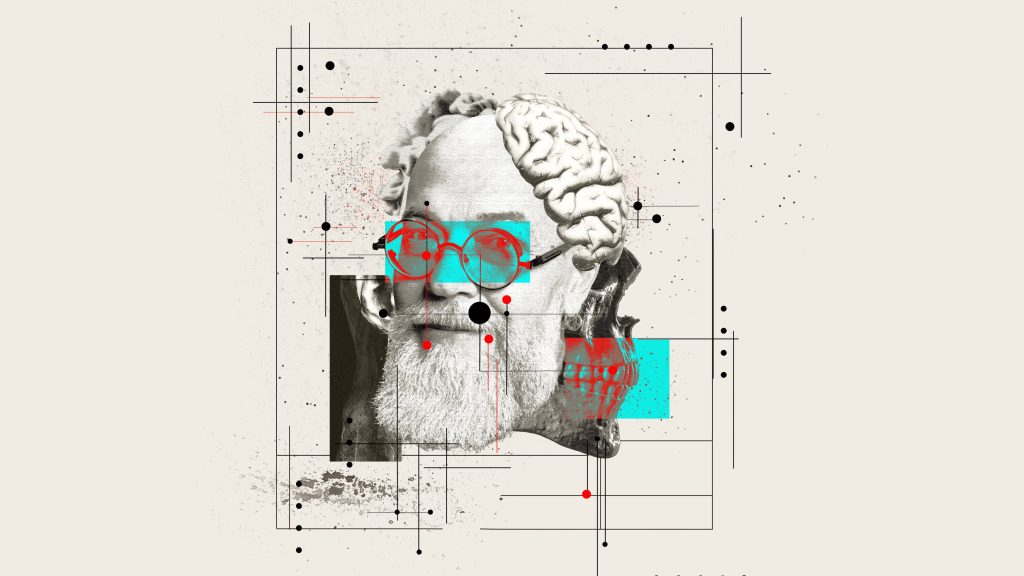“Some people die at 25 and aren’t buried until they’re 75
Benjamin Franklin
‘Age is just a number’ is a common aphorism, it’s also complete rubbish. Age is much more than a number. Age is personal, years are not!
She looked me straight in the eye, indignant. ‘I don’t like that question.’
January 2020, I was at the Arcadia Health Centre, Australia on a 10-day, water only, fast and had dared to ask the usually friendly Dr Nejla Burton how old she was. Her voice was firm: “If I tell you, I create a cage. If I don’t give you a number, I am who you see. Age is not a number. I am not a number.” I learned an important lesson. She was right and it was the last time I asked anyone, how old are you? What’s your age? With no number, there is no ‘age cage.’
Later, I wondered why do we want to know someone’s age? And realised Dr. Burton was right – they ask for a number as this allows them to fit you into their preconception of what a 72-year-old, an 80-year-old etc, looks like and totally ignoring the individual. She was right; it is an ‘age cage.’
So what does an age number tell you about someone? Surprisingly the answer lies in astronomy. A year is how long it takes the earth to orbit the sun, so age is how many times they’ve orbited the sun and has absolutely nothing to do with the body, yet these planetary orbits are the basis of chronological age. Every orbit, a birthday, may be convenient for legal purposes and statistics but little else. Look at any group of people born in the same year. Do they look the same age? Never. Some people with 70 or 80 orbits are healthy and active while others with the same number are unhealthy and weak, perhaps frail. Interestingly, this is also true for identical twins.
There have been many attempts to find a more accurate way to describe the effects of the passage of time on the body. One idea is to use age ‘groups’ based on chronological age. An example: Young old (60 to 69), middle old (70 to 79) and the very old. (80+). Another study proposes young old (65 to 74), middle old (75 to 84) and oldest old (85+); there are more; variations on this theme. Age groupings may help but they’re not the solution.
‘Biological age’ is popular amongst the medical fraternity, using physical and functional biomarkers to determine age, e.g. skin elasticity, grip strength, blood pressure or other measurable body indicators. It may be more accurate but it’s also very inconvenient. There is also psychological age, measuring cognitive and memory abilities; how well the brain functions. Social age, is how society perceives behaviour using ‘expected chronological markers’, e.g. voting at 18, marrying in your 20s, having children in your 30s, retiring age 65 etc.
There is also ‘subjective age’, where a person is simply asked: ‘How old do you feel, most of the time?’ ‘The thinking being the individual has an ‘intuitive’ understanding about their physical abilities, mental sharpness and emotional stability. Understandably, not everyone agrees, one of the arguments against subjective age is that it reflects the modern cultural obsession with youth. If older age wasn’t negatively valued, no one would want to be younger.
It’s hard to believe, but there are still cultures where the ‘oldest old,’ and ‘very old’ are respected for their wisdom and experience and others where (incredibly) there is no understanding of the concept of age. Where people will say ‘’I’m 85. I don’t know what you mean by: ‘How old do I feel?’
Recently, I’ve adopted a quite different strategy and no one ever asks how old am I. Reason? Whenever I meet someone, I smile and proudly tell them my name and my age. Hi, I’m JJ and I’m 76. It’s interesting to watch their reaction.
J.J. Macrae, founder of DiscoverAge and Age Activist and is 76. DiscoverAge is a new and dazzling slant on ageing, it is altered age attitude. It is changed assumptions and new expectations. DiscoverAge is original thinking and new language. Find out more: www.discoverage.life

